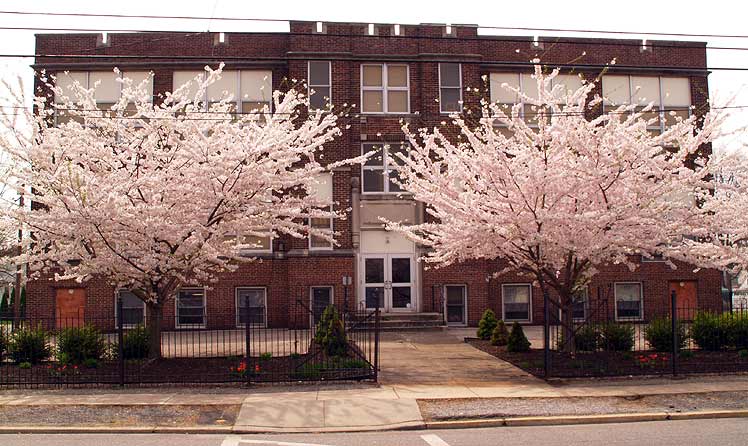Hardcover
1860
1860. Hardcover. Near Fine/Near Fine. Sixth plate ambrotype of the 17 or 18 year old samurai and interpreter Tateishi Onijiro. Image size approximately 2.75" x 3.25" in an oval mat, protector, and pressed paper or card case lined with original clasp, and orange cut velvet pad (with some wear, where a now perished label, since peeled away, had apparently been used to identify the subject; happily, other portraits of Onijiro exist to verify his identity). The image is exceptionally clear and sharp, unexamined out of the original case, and possibly very professionally cleaned and resealed. Onijiro is depicted in traditional samurai dress, seated beside a table with a vase of flowers, holding a flower in one hand, his katana (sword) in the other; and with his wakizashi (small sword) at his waist.
Commodore Perry visited Japan with the Black Fleet in 1853. In 1858 Japan entered into a treaty of amity and commerce with the United States. By 1860 Japan was ready to move into talks with the U.S. and entered into their first diplomatic venture in two centuries, with a party of 74 accompanying three samurai ambassadors on visited to San Francisco, Washington, D.C., Baltimore, Philadelphia, and New York, where they were feted, met the President to signed the Treaty, and had a poem written about them by Walt Whitman. The 1860 visit included Onojiro, the youngest member of the party, as a secondary interpreter. His smiling and cheerful countenance, youthful good looks, and apparent charisma (in contrast to the older, more dour, and dignified samurai), made him a favorite of the crowds, particularly the women. He was referred to by his childhood nickname, Tommy, and a song, *The Tommy Polka* was written to capitalize on his celebrity. (Inventory #: 606226)
Commodore Perry visited Japan with the Black Fleet in 1853. In 1858 Japan entered into a treaty of amity and commerce with the United States. By 1860 Japan was ready to move into talks with the U.S. and entered into their first diplomatic venture in two centuries, with a party of 74 accompanying three samurai ambassadors on visited to San Francisco, Washington, D.C., Baltimore, Philadelphia, and New York, where they were feted, met the President to signed the Treaty, and had a poem written about them by Walt Whitman. The 1860 visit included Onojiro, the youngest member of the party, as a secondary interpreter. His smiling and cheerful countenance, youthful good looks, and apparent charisma (in contrast to the older, more dour, and dignified samurai), made him a favorite of the crowds, particularly the women. He was referred to by his childhood nickname, Tommy, and a song, *The Tommy Polka* was written to capitalize on his celebrity. (Inventory #: 606226)





